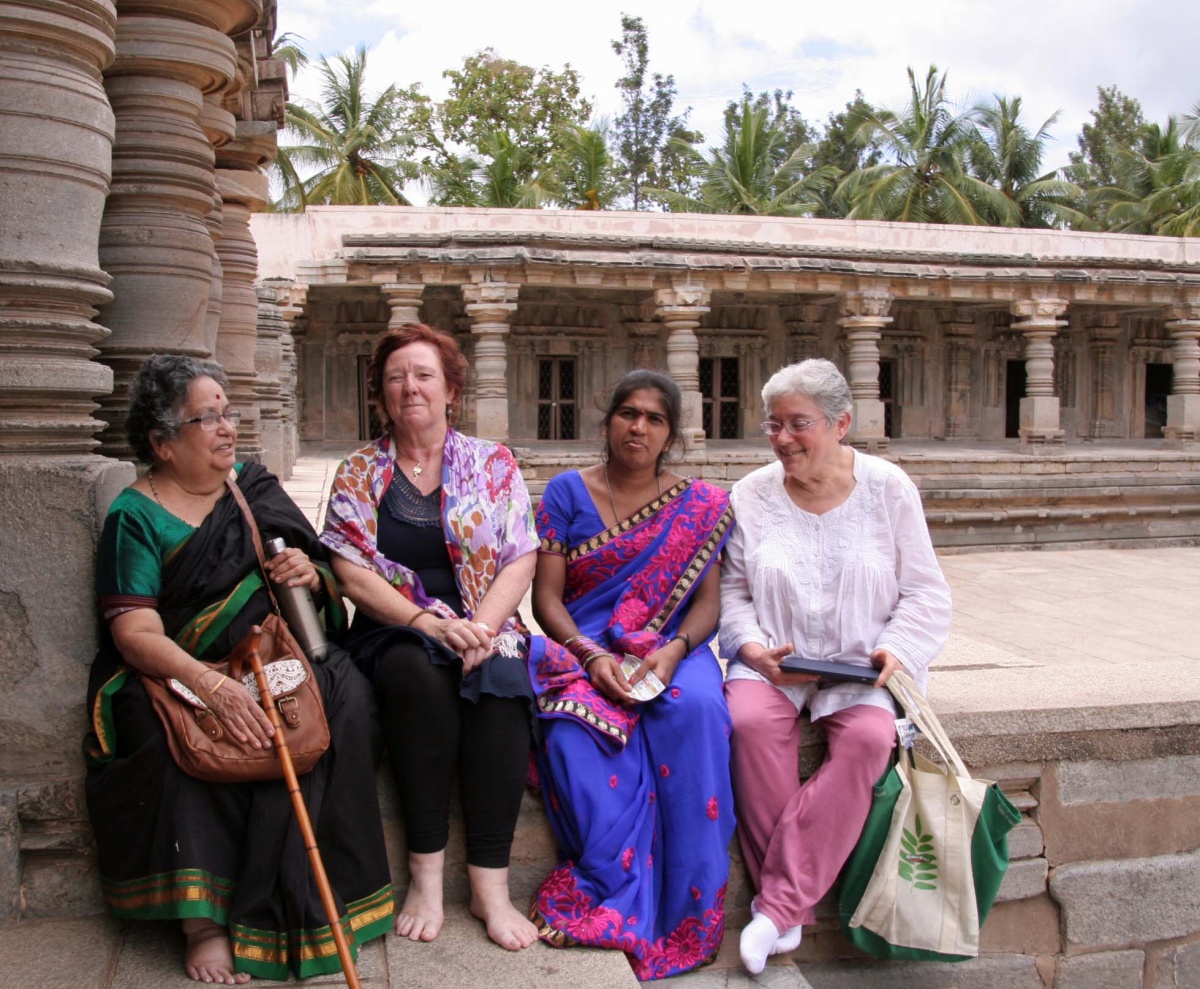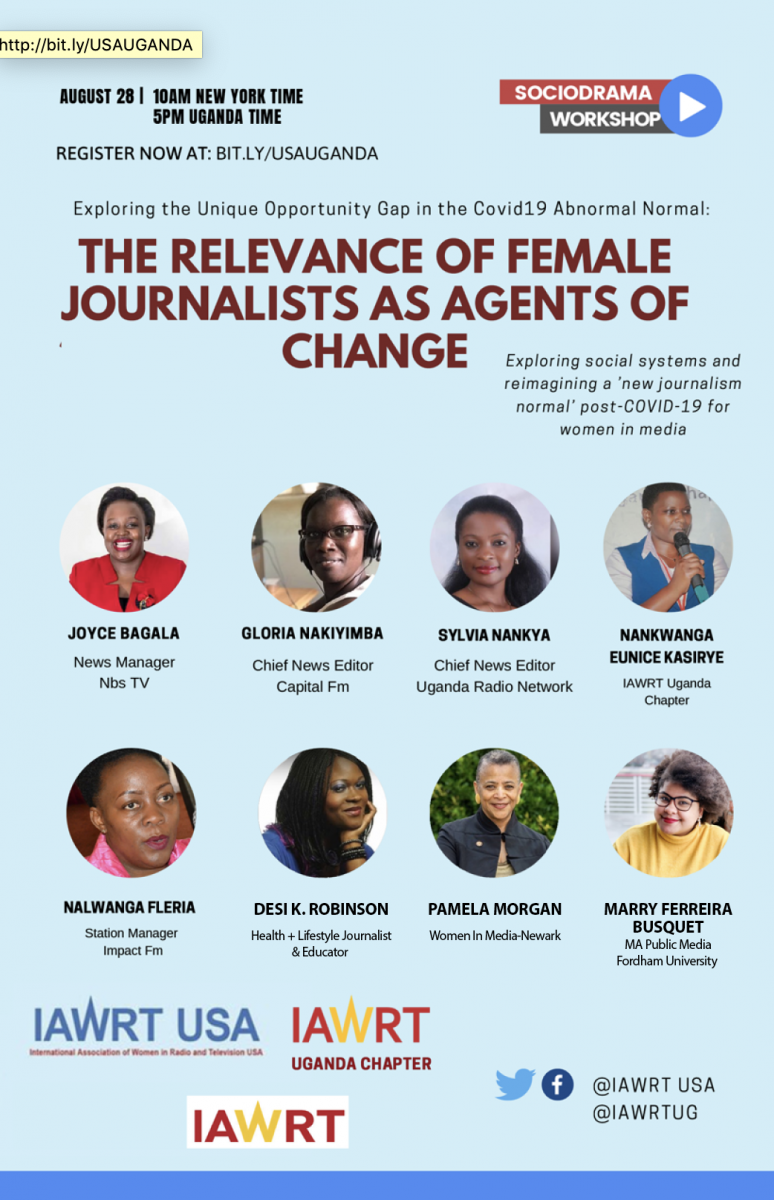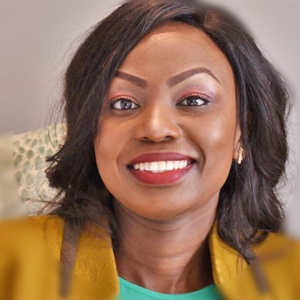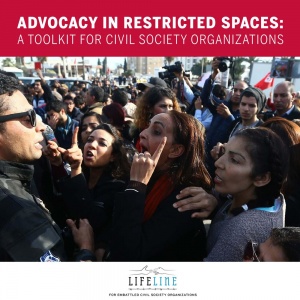Women in Afghanistan have been urging for an end to the war since it began about four decades ago.
by Najiba Ayubi
Over decades, the issues of women in Afghanistan have constantly been the subject of brawl and controversy. In the past hundred years, the socio-political movement and the participation of Afghan women have mediated to been slow but steady; however, if we leave out the five years of the Taliban-ruled administration, during which, the Afghan women were deprived of their social and political rights, access to education and jobs, and their participation in the social and political arenas was invisible.
The last two decades were remarkable and productive for Afghan women. During this period, Afghan women were able to shine in all aspects of life and to heavily contribute in the rebuilding of their war-torn country. They have succeeded to actively participate in the social, political and economic sectors and have gained substantial achievements within and outside the government administrative structures.
Despite the ongoing war, conflict and insecurity, Afghans, particularly Afghan women have espoused difficulties and have gone through severe hardships and unjust walking through blood and fire, they have made their ways to the peaks of empowerment and progress, and now, only few workplaces can be found without women’s presence.
The Afghan nation is tired and exhausted of the unending forty-year war in the country. Enduring four decades of war, Afghans need peace and security more than ever. The injuries of the war-torn nation need to be healed, and a peaceful life is an unalienable right of the Afghan nation. From times onward, warring parties and international partners of the Afghan government have been putting efforts in bringing the longest-running war of the country to an end.
The United States, for instance, signed a peace pact with the Taliban in late February 2020, and earlier in 2012, the Strategic Partnership Agreement with the Afghan government.
Despite the debates at national and international level over bringing the never-ending war of Afghanistan to an end, the stories of war and violence across the country including the capital town of Kabul is heard and witnessed.
People of Afghanistan are less optimistic about peace because they do not see it real and factual. Anywhere in the world, when warring parties decide to go for peace negotiations, the first step they determine is to decrease conflict and hostility and agree upon temporary or permanent ceasefire. In Afghanistan, on the contrary, violence and crimes increase across the cities.
What is considered to be important for the Afghan nation at this stage, is to end the country’s longest conflict and to find a common solution to bring lasting peace with dignity in the form of establishing a state in which everyone can see themselves. But unfortunately, the preliminary signs of a bright and hopeful future are hard to see.
In the current situation when people of Afghanistan are concerned about the high level of uncertainty, women are more concerned about their future and achievements they made in the last two decades. Women in Afghanistan are moving forward through more cohesive and united movements and every day, they try to achieve more cohesion and unity.
Since the intra-Afghan negotiations clutched the headlines, different groups of Afghan women have come up with concepts and ideas which are focused on the needs to support women’s achievements and efforts over the past years. They have shared those concepts with the negotiating team with the ambition that a rational and national solution to achieve the goals and demands of women in the peace process, is essential.
One of women’s major activities in the past week was to write an open detailed letter to the Taliban.
Afghan women, who are now active in almost all social and political spheres, have the right to be sensitive and to maintain their multi-year achievements, wrote in a letter to the Taliban:
“For the past two years, Afghan women are carefully observing the ongoing peace negotiation process in Afghanistan, like millions of our fellow citizens, we hope that the process can bring the nearly 40 years of conflict in our beloved Afghanistan to an end. We, women, have borne the brunt of the four decades of conflict. As wives, mothers, daughters, and sisters we have suffered terribly, we have been subjected to the brutality and violence of war; we have borne witness to the endless suffering of our families and our people. We, perhaps more than anyone, seek an end to this senseless war. Yet, we, like the vast majority of Afghan women and men, worry that the price of peace may be too heavy if we lose the vitality of more than half of our population and the essential gains achieved over the last two decades.”
Afghan women who have had the bitter experience of being deprived of education during the Taliban regime have voiced their concern in this letter by saying the following:
“In Afghanistan, women continue to be the largest illiterate population. In addition, 80% of our girls are forced into early marriages at a very young age, a tradition more common in areas under your influence. While in other Muslim nations women are thriving as successful leaders, politicians and policy makers, actively improving the lives of their fellow citizens, while, in Afghanistan we are still fighting to be recognized and respected as equal and capable citizens. Muslim women across the Muslim world – in Tunisia, Morocco, Malaysia, Indonesia, Singapore, Jordan, Turkey, Bangladesh, Senegal, Mauritius, even Pakistan and in many others – are enjoying freedom of movement, access to education, employment and access to services, but we are still fighting for our survival.”
A century back, when Queen Suraya established the formal education of women in the country, until now, scores of women, with higher education, have been able to give a different picture of the Afghan women to the country and to the world. Status of women and their social and political participations have seen a great change, which cannot be ignored.
Considering the developments in the world and in Islamic countries, Afghan women have been trying to carefully maintain their effective presence in any situation in a bid to build a peaceful Afghanistan and to demonstrate their ability to form a peaceful life. In their letter to the Taliban, Afghan women wrote:
“We will not allow our place and contributions towards rebuilding our country to be erased or reversed. More than ever we celebrate our capacity to contribute to the wellbeing of our society. We will not allow the potential, talent, the rights and dignity of our daughters and sons to be stripped once again for political gains and posturing.”
Women in Afghanistan have been urging for an end to the war, conflict and insecurity since the beginning of the war (about four decades ago).
Now that peace process and peace negotiations have hit the headlines, they expect this process and the parties involved to be honest with the people of Afghanistan and not to sacrifice the future of the Afghan people for their political interests. Afghan women call on the warring parties to allow a lasting and dignified peace to be established in the country.

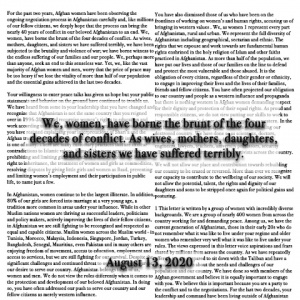
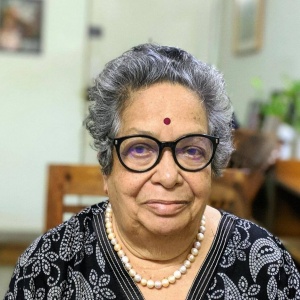
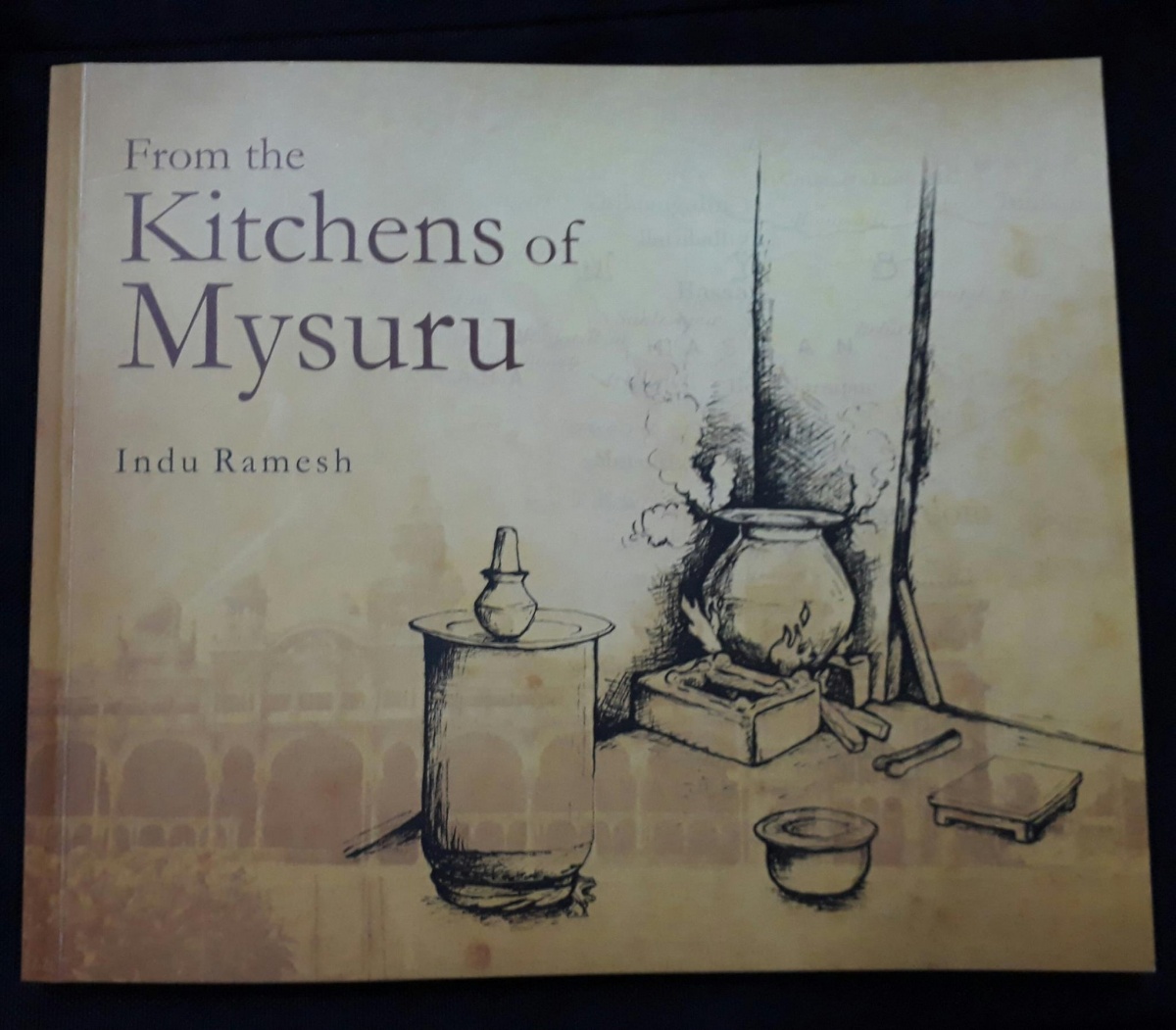 Indu was known to be passionate about traditional Indian food and feeding friends and family.
Indu was known to be passionate about traditional Indian food and feeding friends and family.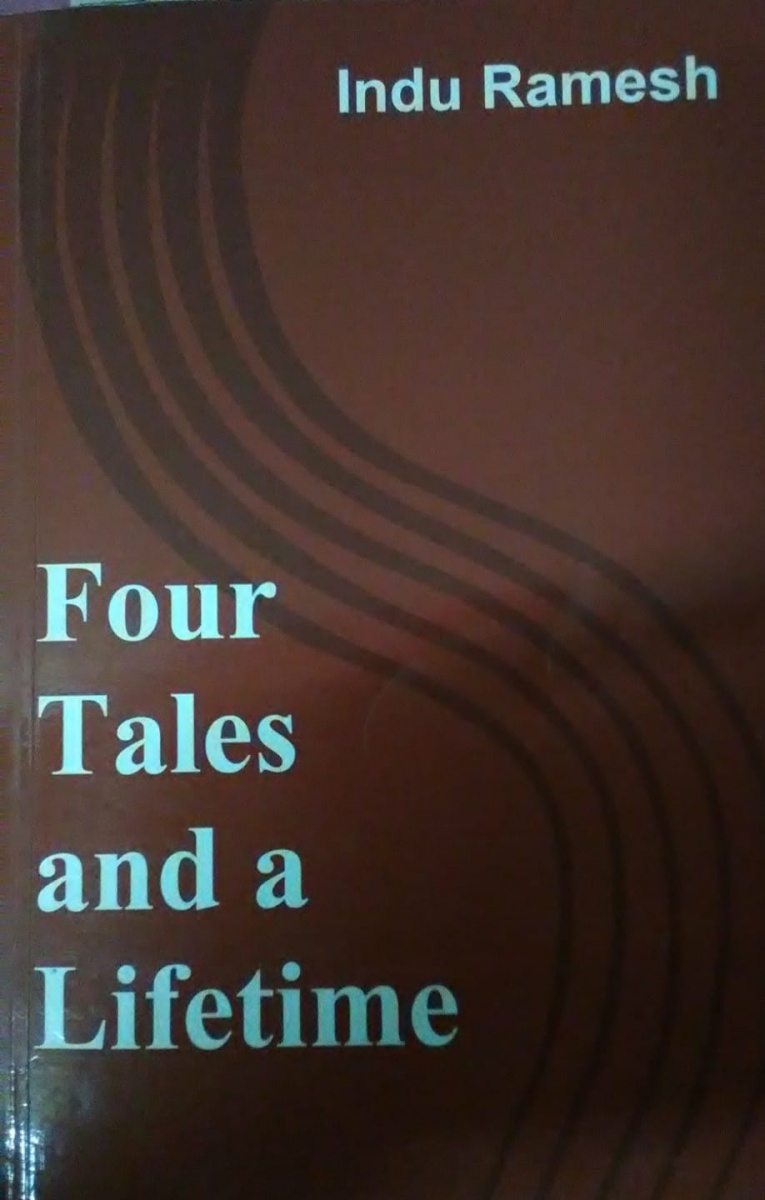 Nonee Walsh,
Nonee Walsh, 